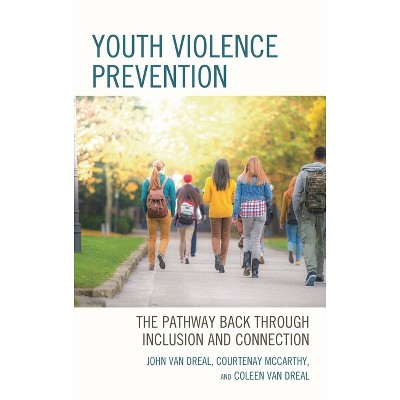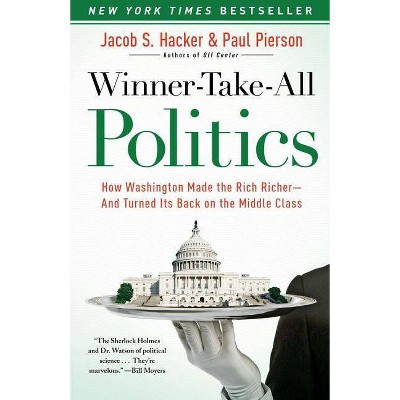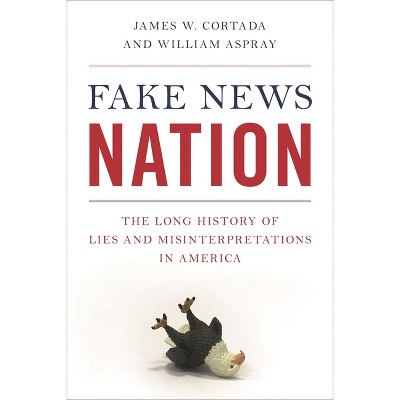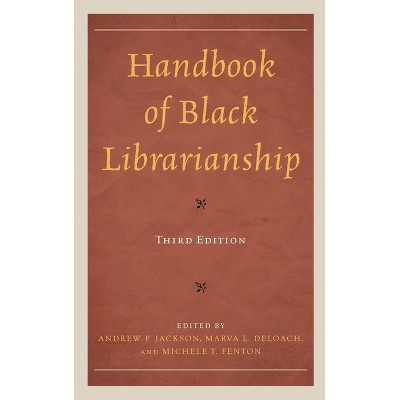Sponsored

Future for the News - by Jim A Kuypers (Paperback)
In Stock
Sponsored
About this item
Highlights
- Bringing together academics and news industry professionals, this daring book investigates and offers solutions to significant problems with the productive functioning of the mainstream news media.
- About the Author: Jim A. Kuypers is professor of communication in the School of Communication at Virginia Tech.
- 328 Pages
- Language + Art + Disciplines, Journalism
Description
About the Book
Bringing together academics and news industry professionals, this daring book investigates and offers solutions to significant problems with the productive functioning of the mainstream news media. Each chapter offers a pathway for improvement for individual reporters, the ins...Book Synopsis
Bringing together academics and news industry professionals, this daring book investigates and offers solutions to significant problems with the productive functioning of the mainstream news media. Each chapter offers a pathway for improvement for individual reporters, the institution more broadly, and the news consumer.
Review Quotes
A Future for the News provides not only a comprehensive account of the issues facing the news media in America but also much needed responses to those issues. The consideration of the philosophical underpinnings of the field is a valuable source of direction for aspiring and working professionals.
In an age where many media outlets appear most interested in reporting their interpretations of the news, the authors pinpoint problem areas and offer remedies to change the left and right ideological leanings that facilitate the public's mistrust in journalism. This book is a must-read for anyone who gets their news from broadcast, print, and social media and questions if objectivity ever had a pulse in the first place.
This book's 12 chapters (from 18 different authors) address some of the news media's contemporary challenges, such as the public's declining trust in journalism. Kuypers, the editor, provides an introductory overview of each chapter's contributions. Chapters offer background information on a selected topic and suggested solutions. Kuypers's clear writing is accessible to journalism professionals and graduate student audiences. The book is an excellent companion to Benjamin Toff, Ruth Palmer, and Rasmus Kleis Nielsen's Avoiding the News: Reluctant Audiences for Journalism (CH, Apr'24, 61-2132). Recommended for libraries in higher education with journalism and mass communication degree programs. Recommended. Graduate students, faculty, and professionals.
About the Author
Jim A. Kuypers is professor of communication in the School of Communication at Virginia Tech. He is the author, editor, or co-author of 16 books, including Purpose, Practice, and Pedagogy in Rhetorical Criticism (winner of the Everett Lee Hunt Award for Outstanding Scholarship) and Partisan Journalism: A History of Media Bias in the United States (a Choice Outstanding Academic Title for 2014). He is a former co-editor for the American Communication Journal. He is the recipient of the American Communication Association's Outstanding Contribution to Communication Scholarship Award, the Southern States Communication Association's Early Career Research award, and Dartmouth College's Distinguished Lecturer Award.Shipping details
Return details
Frequently bought together


Trending Non-Fiction















